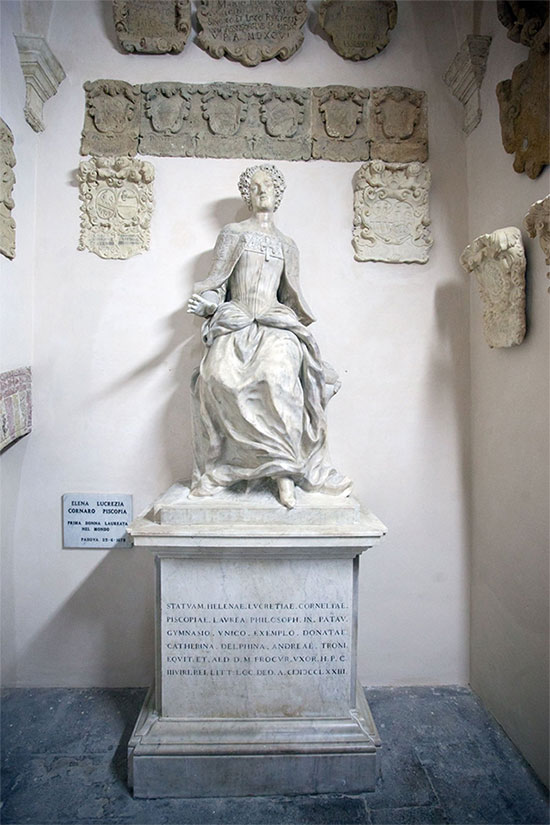
Word of the Day: Hobnob
Today’s word of the day, thanks to Words Coach (https://www.wordscoach.com/dictionary), is hobnob. Hobnob is pronounced / ˈhɒbˌnɒb /, with a secondary emphasis on the second syllable, which lets us know that it is actually a compound noun, like doorknob. It can be used as a noun or as a verb. As a verb, it means “to associate on very friendly terms (usually followed by with)” or “to drink together,” although that second meaning is listed as archaic (https://www.dictionary.com/browse/hobnob). As a noun, it means “a friendly, informal chat” (ibid.), although I have to admit that I have never seen or heard it used in this way.
Etymonline.com says that hobnob first appears in the language in “1763, ‘to drink to each other,’ from hob and nob (1756) ‘to toast each other by turns, to buy alternate rounds of drinks,’ alteration of hab nab ‘to have or have not, hit or miss’ (c. 1550), which is probably ultimately from Old English habban, nabban ‘have, not have,’ (that is, ‘to take or not take,’ used later as an invitation to drinking), with the negative particle ne- attached (from PIE root *ne- ‘not”’), as was customary (https://www.etymonline.com/word/hobnob).
But Samuel Johnson includes a version of the word in his 1755 Dictionary: “Ho’bnob. This is probably corrupted from hab nab by a coarse pronunciation” (https://johnsonsdictionaryonline.com/views/search.php?term=hobnob). He then uses as an example a quote from Shakespeare’s Twelfth Night: “His incensement at this moment is so implacable, that satisfaction can be none, but pangs of death and sepulchre: hobnob is his word; give’t, or take’t” (ibid.). It’s from Act 3, scene 4, 246-49.
Merriam-Webster explains, “In William Shakespeare’s Twelfth Night, Sir Toby Belch warned Viola (who was disguised as a man) that Sir Andrew wanted to duel. ‘Hob, nob is his word,’ said Sir Toby, using ‘hob, nob’ to mean something like ‘hit or miss.’ Sir Toby’s term is probably an alteration of ‘hab nab,’ a phrase that meant ‘to have or not have, however it may turn out.’ After Shakespeare’s day, hob and nob were used in the phrases ‘to drink hob or nob’ and ‘to drink hobnob,’ which meant ‘to drink alternately to each other.’ Since ‘drinking hobnob’ was generally done among friends, hobnob came to refer to congenial social interaction” (https://www.merriam-webster.com/dictionary/hobnob).
According to the On This Day website, on this date in 1678 Elena Lucrezia Cornaro Piscopia became the first woman to earn a Ph. D.
Piscopia was the daughter of Gianbattista Cornaro-Piscopia, a member of the nobility in Venice who eventually became “the Procuratore di San Marco de supra, the treasurer of St Mark’s Cathedral, a coveted position among Venetian nobility. That made Gianbattista second only to the Doge of Venice in terms of precedence” (https://en.wikipedia.org/wiki/Elena_Cornaro_Piscopia). Though she was illegitimate, the daughter of a peasant, her father supported her, particularly in her education, “overseeing her education to the extent that she developed as a renowned musician and enabling her tuition in mathematics and astrology, as well as a plethora of different languages including Latin, Greek, Arabic, English, French, and Hebrew” (http://emlo-portal.bodleian.ox.ac.uk/collections/?catalogue=cornaro-piscopia).
“Upon the recommendation of Carlo Rinaldini, her tutor in philosophy, Felice Rotondi, petitioned the University of Padua to grant Cornaro the laurea in theology. When Gregorio Cardinal Barbarigo, the bishop of Padua, learned that she was pursuing a degree in theology, he refused on the grounds that she was a woman. However, he did allow for her to get a degree in philosophy and after a brilliant course of study received the laurea in Philosophy” (https://scientificwomen.net/women/piscopia-elena-79). FYI, “In Italy, the laurea is the main post-secondary academic degree. The name originally referred literally to the laurel wreath, since ancient times a sign of honor and now worn by Italian students right after their official graduation ceremony and sometimes during the graduation party. A graduate is known as a laureato, literally ‘crowned with laurel’ and is awarded the title of dottore, or Doctor” (https://en.wikipedia.org/wiki/Laurea).
In addition to earning the doctorate in philosophy, she was also an accomplished musician and composer. She was a member of a number of academies, and she began teaching mathematics at the University of Padua in 1678 (https://scientificwomen.net/women/piscopia-elena-79). “The last seven years of her life were devoted to study and charity. She died at Padua in 1684 of tuberculosis, was buried in the church of Santa Giustina at Padua, and her statue was placed in the university” (ibid.).
In the UK, academia has created the Piscopia Initiative, an attempt to get more women and nonbinary people to pursue a doctorate in mathematics (https://en.wikipedia.org/wiki/Elena_Cornaro_Piscopia). People who do that should know that they will get to hobnob with a lot of other mathematicians. Could be fun.
Today’s image is the “statue of Elena Cornaro Piscopia at Palazzo Bo” (https://scienceinfo.net/elena-cornaro-piscopia-the-worlds-first-female-doctor-of-philosophy.html).